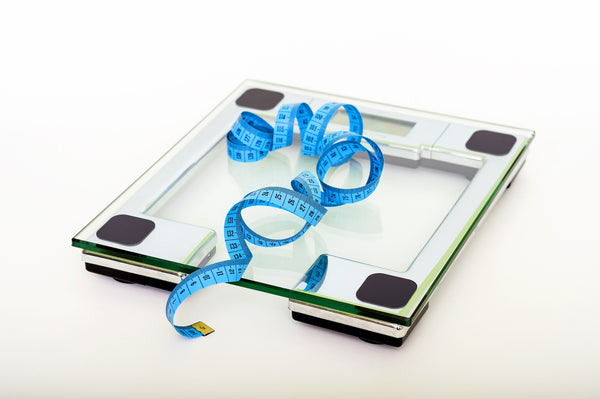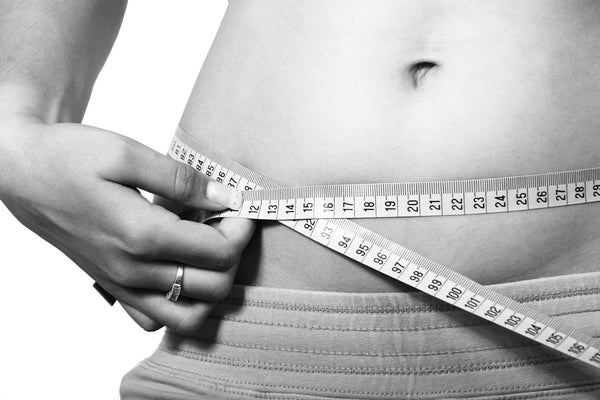What is the Best Time to Weigh Yourself? What Science Says

If you have ever visited with a personal trainer or fitness expert, there’s a good chance you’ve been told to keep track of your progress. The best ways to do this are with picture taking, tape measurements, and weighing yourself.
Do you know when you should check your weight?
More importantly, do you know how often you should weigh yourself?
Does that age-old rule of once a week still apply nowadays? Let’s take a look at a few recent studies to discover the ideal way to weigh yourself to ensure fitness success.

Morning, Afternoon, or Night
Let’s start with the question:
“What time of the day should I be weighing yourself?”
The answer is first thing in the morning after you have gone to the bathroom. This has remained consistent for many years and it’s still the golden rule. Before jumping on the scale, there are a few things to keep in mind:
- Make sure you are wearing little to no clothing
- Keep the scale in the same spot for each weigh-in
- Do not drink any liquids before getting on the scale
Those who have successfully lost weight and kept it off followed the routine of getting out of bed, using the restroom, then hopping on the scale, which is conveniently in the bathroom. The way to success is consistency and this includes your weigh-ins.
Now what about the frequency of your weigh-ins?
Weekly vs. Daily
For many years, experts have warned against daily weigh-ins, citing once a week to be more advantageous because it would provide a more accurate readout of weight and it would help the individual not to become obsessed with daily fluctuations. New studies are saying just the opposite.
Two studies from the Journal of Obesity and the Journal of the Academy of Nutrition and Dietetics, respectively, demonstrated that those subjects who weighed themselves every single morning saw better results and, more importantly, maintained those results for a longer period of time.

What the Science Says
In the first study, subjects were monitored over a two-year period. The subjects were considered medically overweight and were asked to weigh themselves each morning followed by writing down their number. Researchers say that the correlation between eating extra calories and the increase on the scale quickly became evident to the subjects, allowing them to properly manage their diets to reach and maintain their goals weight.
These results were duplicated in the second study, which focused on medically obese subjects. The group of subjects were all provided the same diet plan but the difference was that one group was assigned to weigh themselves weekly and the other to weigh themselves daily. At the end of the study, the group who weighed themselves daily experienced a greater weight loss by an average of 13 pounds.
Tell Us What You Think!
How often do you weigh yourself?
If you have switched to daily weighing-in, have you noticed any improvements?
Let us know in the comments below!
Scientifically proven, Kutting Weight, significantly increases the metabolism and facilitiates greater weight loss when compared to exercise without it. Get more out of your workouts by taking the next step of ordering your Kutting Weight apparel. Our neoprene synthetic material is highly sought after for its thermal properties, increasing your core body temperature. Suit and and slim down today!
1 comment











This is exactly what I do, morning weigh-ins after waking, bathroom and naked. When I’m trying, this helps me produce the best results outside of my food/exercise plan.